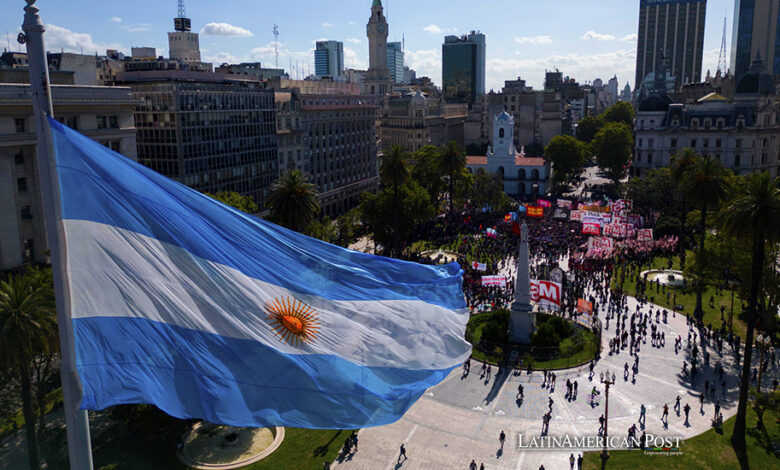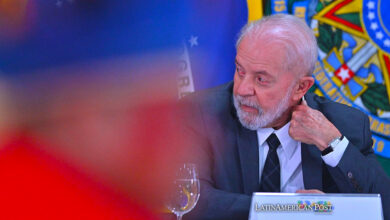Argentina’s Ambitious Reform Agenda: A Deep Dive into Milei’s Overhaul Proposal

Argentina’s political landscape is undergoing seismic shifts as President Javier Milei spearheads an audacious reform agenda. With a far-reaching reform bill submitted to Congress, Milei’s government is pushing for profound changes that span the nation’s tax framework, electoral processes, and public debt management. This ambitious legislative package, however, faces a complex journey through the chambers of Congress, where Milei’s coalition holds a small minority of seats.
Comprehensive Overhaul: The Reform Bill Unveiled
The reform bill itself is a formidable document, consisting of 664 articles that touch on many critical areas. From the potential privatization of 41 public companies to eliminating presidential primaries and introducing a broad 15% tax on most exports, it represents a sweeping overhaul of Argentina’s policies.
One notable aspect of the proposal is the increase in export taxes for soy and its derivatives, raising them from 31% to 33%. As the world’s leading exporter of processed soy, Argentina’s agricultural sector could experience significant ramifications from this change.
Additionally, the reform bill aims to introduce tax amnesties for Argentinian citizens, enabling them to register and repatriate previously undeclared assets, including stocks, cryptocurrencies, and cash. The goal is to bring informal assets into the formal economy and increase government revenue. On the front of public debt management, the bill seeks to eliminate limits on sovereign bonds issued overseas and remove certain conditions related to debt restructuring, signaling an approach geared towards greater flexibility in managing Argentina’s financial obligations.
Electoral Reform and Representation
The proposal suggests changes to Argentina’s proportional representation electoral system in electoral reform. This includes an adjustment that would result in one lawmaker per 180,000 inhabitants, providing more representation for densely populated provinces like Buenos Aires.
Among the more contentious aspects of the reform bill is the proposal to temporarily cede some legislative power to the presidency until December 31, 2025, with the option to extend this arrangement for an additional two years. This move has sparked debates over the balance of power and democratic governance.
President Milei’s decree to deregulate the economy and eliminate export limits, issued last week, was cautiously received by the markets. However, this decree must undergo constitutional scrutiny by a legislative commission and will remain in effect unless Congress and the Senate vote it down.
It is essential to distinguish between Milei’s presidential decree and the reform bill. The former focuses on economic deregulation and does not include changes to the tax and electoral systems, which require congressional deliberation and approval under Argentina’s constitution.
Milei’s government has called for extraordinary sessions scheduled until January 31 to expedite his reform agenda, effectively shortening the customary recess period until March. During these sessions, lawmakers will convene to analyze the proposals, potentially seeking input from experts and government officials.
However, several of the proposed measures necessitate an absolute majority, a requirement that could slow down the legislative process. Additionally, no fixed timeline is specified for the bill’s debate and approval.
Political Landscape and Opposition
Milei’s coalition, La Libertad Avanza, commands a mere 15% of seats in the lower house, necessitating alliances to advance their agenda. The situation is even more challenging in the Senate, where the government holds less than 10% of seats.
Also read: First Presidential Debate in Argentina: Economy And Human Rights At The Center
Opposition movements have remained active, organizing demonstrations against Milei’s reform agenda in multiple cities since he assumed office on December 10. These protests highlight the polarizing nature of the reforms and the significant hurdles Milei’s government faces in steering its transformational vision through the Argentine political landscape. As the reform bill journeys through Congress, how this ambitious overhaul will shape the future of Argentina’s governance and economy remains to be seen.





